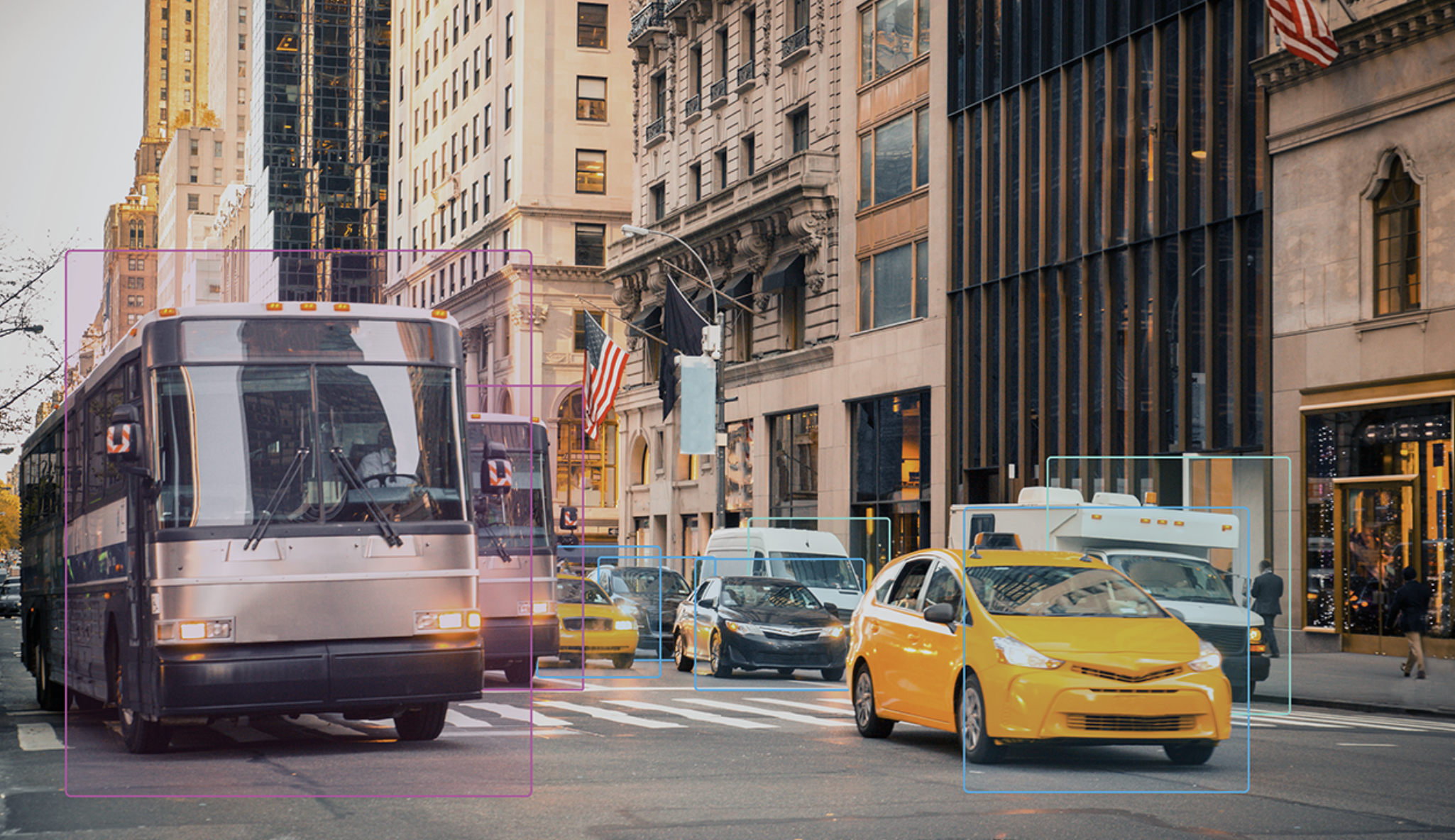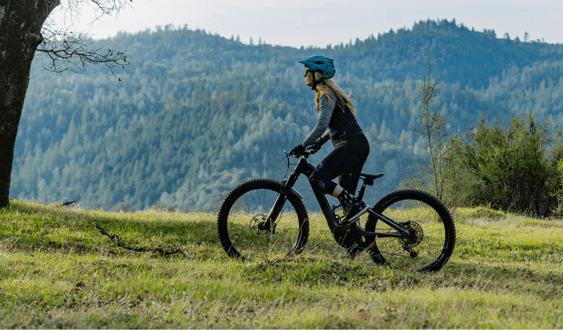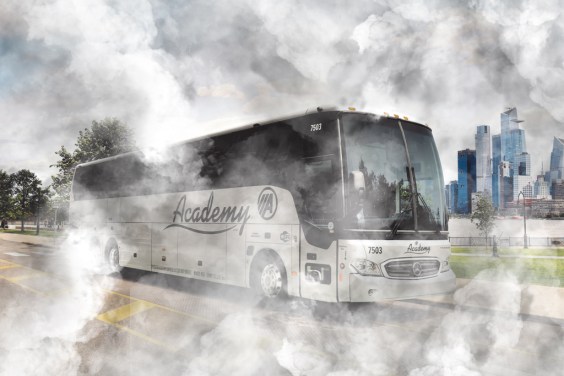
With driving on the upswing again as gas prices remain surprisingly low, Yonah Freemark at The Transport Politic is taking a long hard look at what it will take to substantially change America's travel habits. He notes that except for a handful of cities with good transit, driving continues to account for most of the nation's growth in travel:
The growth in driving, again, should not be a huge surprise. Peoples’ lives are built around the environment in which they live, and that landscape changes slowly. Neighborhoods where it was hard to get around by anything but driving 20 years ago likely have remained that way and will continue to work as such for the next 20 years. “Solving” the suburban reliance on cars in any region is impossible when communities are so spread apart and mixed uses are so limited in their availability.
Nor is a mass movement into transit-friendly center cities realistic. Between 2005 and 2014, the top ten transit cities grew their collective workforce by 1.3 million jobs -- but the rest of the country increased by 11.5 million jobs. Today’s transit cities are expensive to live in and difficult to build in.
Just as importantly, we simply are not investing in improving transit systems to provide people adequate alternatives. While some regions have directed substantial sums to upgrade their urban and suburban public transportation -- Denver and Seattle come to mind -- many others have not; think of Cincinnati, Detroit, Indianapolis, Nashville, or Tampa, where improvements have been limited at best and where sprawl and its associated road building continues virtually unabated.
How in the world can we expect people in these types of places to switch en masse away from driving when real alternatives are not being offered to them?
In a thought-provoking conclusion (you really ought to read the whole thing), Freemark calls for transportation reformers to recalibrate their messages:
Much of the recent argument has revolved around the fact that road engineers have vastly overestimated the growth in car traffic, assuming that people will continue to increase their reliance on driving and thus encouraging ever more investments in road construction -- even when confronted with evidence of a generational change in habits.
The logic of transportation planners is indeed detrimental to the construction of a different way to get around, and it provides empirical justification for continued pursuit of policies that are bad for our cities and ultimately bad for our country.
But the real problem is not the logic of planners; making the case to them that they should alter their metrics to reflect generational change is missing the point. Indeed, if generational change is altering the decisions about the way some people get around, it is not, in itself, nearly enough to alter the way a lot of people get around, and as the figures cited above suggest, the large majority of young people still use cars to get around. Importantly, we will go back to rampant increases in car use -- and perhaps we already are -- if we rely only on the hope that younger people will act differently and adjust our models to reflect that.
We must do a better job developing a political argument -- an ideological claim -- that can support a transition away from road building and a society built around it that works not just in the aforementioned center cities but also in the suburbs of those cities and in other regions. Only with a change in the way our society is built -- meaning not only the way our transportation is planned but also the way our neighborhoods are structured -- will the level of automobile use actually decline, and that change requires political support. A generational change of mindset is not enough.
Elsewhere on the Network today: Seattle Bike Blog reports on the city's newest protected bike lane. Blake Trask at Washington Bikes looks at the competition shaping up between governors to deliver the best state-level bike policy. And Architect This City compares population densities across a handful of world cities.





